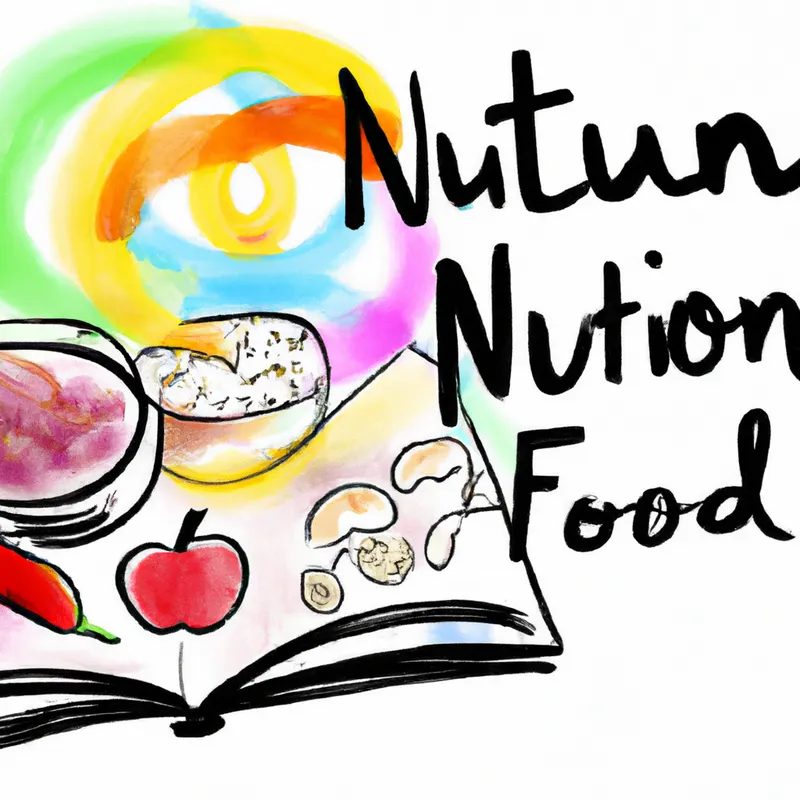Elevate Your Mood with Smart Nutrition Choices
Examining the Relationship Between Nutrition and Mental Health: Nutrients That Boost Mood and Cognitive Function
Nutrition plays a crucial role in our overall health. Recent studies show that our diet significantly influences mental well-being. The connection between nutrition and mental health is increasingly clear. Understanding how certain nutrients affect mood helps us make better dietary choices.
The Link Between Nutrition and Mental Health
Research indicates that a balanced diet improves mood and cognitive function. Nutrients like omega-3 fatty acids, vitamins, and minerals support brain health. They help reduce symptoms of anxiety and depression. Certain foods also enhance brain function and improve memory.
The gut-brain connection is vital. Gut health influences brain health. A healthy gut microbiome supports neurotransmitter production. These chemicals regulate mood. Hence, focusing on nutrition leads to better mental health outcomes.
Key Nutrients for Boosting Mood
Omega-3 Fatty Acids
Omega-3 fatty acids support brain health. They build brain cell membranes and promote neurotransmitter function. Studies show that people who consume more omega-3s experience lower depression levels. You can find omega-3s in fatty fish, walnuts, and flaxseeds.
Incorporating these foods into your diet enhances mental well-being. This is especially true for those struggling with mood disorders. Aim for at least two servings of fatty fish each week.
B Vitamins
B vitamins are vital for brain health. Vitamins B6, B12, and folate play crucial roles. They produce brain chemicals that regulate mood. Low levels of these vitamins link to increased anxiety and depression.
You can find B vitamins in whole grains, leafy greens, and legumes. Including these foods in meals supports mental health. If you suspect low B vitamin levels, talk to your doctor about supplementation.
Antioxidants
Antioxidants protect the brain from oxidative stress. This stress can lead to neurodegenerative diseases and mental health issues. Vitamins C and E, along with flavonoids, act as powerful antioxidants. They improve cognitive function and mood.
Increase your antioxidant intake by consuming colorful fruits and vegetables. Berries, spinach, and nuts provide excellent sources. These foods boost mood and contribute to overall health.
Tips for a Mood-Boosting Diet
1. **Eat a Variety of Foods**: Include a wide range of fruits, vegetables, whole grains, and healthy fats for essential nutrients.
2. **Stay Hydrated**: Dehydration negatively impacts mood and cognitive function. Drink plenty of water throughout the day.
3. **Limit Processed Foods**: Processed and sugary foods can cause mood swings. Focus on whole foods for stable energy and mood.
4. **Consider Meal Timing**: Regular meals maintain stable blood sugar levels. This stability improves mood and reduces irritability.
5. **Mindful Eating**: Pay attention to your eating habits. Mindful eating helps you enjoy food and appreciate its impact on mood.
Benefits of a Nutrient-Rich Diet
Following a nutrient-rich diet provides numerous benefits for mental health. First, improved mood is often the most noticeable change. Many people feel happier and more balanced after dietary adjustments.
Cognitive function also improves. Enhanced memory and focus commonly result from a balanced diet rich in essential nutrients. This improvement leads to better performance at work or school.
Additionally, a nutritious diet helps prevent mental health disorders. Reducing inflammation and oxidative stress lowers the risk of anxiety or depression.
Finally, a healthy diet contributes to overall physical health. Feeling good physically often improves mental health. This holistic approach fosters a positive cycle of health.
Conclusion
Nutrition significantly impacts mental health. Focusing on key nutrients enhances mood and cognitive function. Omega-3 fatty acids, B vitamins, and antioxidants are crucial for brain health.
Adopting a balanced diet rich in these nutrients leads to a happier, healthier life. Remember to stay hydrated, eat a variety of foods, and limit processed options. Making mindful dietary choices supports your mental health and its many benefits. Embrace the power of nutrition for a brighter, more vibrant life.
Below are related products based on this post:
FAQ
How does nutrition affect mental health?
Nutrition plays a crucial role in mental health by influencing mood and cognitive function. A balanced diet rich in essential nutrients like omega-3 fatty acids, B vitamins, and antioxidants can reduce symptoms of anxiety and depression while supporting brain health and improving memory.
What are some key nutrients that boost mood?
Key nutrients that boost mood include omega-3 fatty acids, B vitamins (such as B6, B12, and folate), and antioxidants. Omega-3s, found in fatty fish and walnuts, support neurotransmitter function. B vitamins help produce brain chemicals that regulate mood, while antioxidants protect the brain from oxidative stress, improving cognitive function.
What dietary tips can help improve mental health?
To improve mental health, consider incorporating a variety of foods into your diet, staying hydrated, limiting processed foods, maintaining regular meal timings, and practicing mindful eating. These practices help ensure a nutrient-rich diet that supports mood stability and cognitive function.















Post Comment